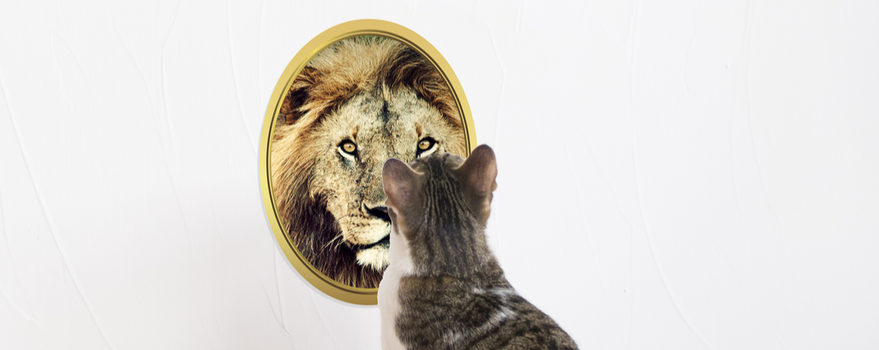| |||
Have you heard of “growth mindset”? It’s a concept identified by Stanford University psychologist Carol Dweck over 30 years ago that now has decades of research behind it. In a nutshell, growth mindset is the belief that your intelligence, talents, and abilities are not fixed traits, and that you can actually become smarter through effort.
The opposite of growth mindset is “fixed mindset", the belief that talent and intelligence are traits you are born with, and can’t do much to change. A fixed mindset believes in the “natural musician” or the “born athlete”, and may believe that someone born without those traits will never be as good as those born with innate talents.
Facing a situation with a growth mindset makes it possible to see mistakes not as failures, but as opportunities to learn where to direct your attention and practice. Growth mindset makes it possible to continue your efforts, even when a new skill is frustrating or difficult.
Having a fixed mindset, on the other hand, may lead to not wanting to admit to failures or difficulties, because this brings our intelligence into question. It can lead to cheating in order to save face and preserve a particular image, to laying blame on outside factors, or not putting in effort at all, since effort feels like a waste of energy. A fixed mindset turns mistakes into “evidence” of not being good enough.
This may be a controversial statement, but you probably have a fixed mindset.
That’s because virtually all of us actually have “mixed” mindsets. On some days, or on some topics, we are more open to trying and failing and trying again. In other areas, we give up fairly quickly, rather than seeking support or trying new strategies.
If you’ve ever said, “I’m just not good at X”, that is a fixed mindset statement. If that “X” would be a valuable skill for you, try changing your self talk to “I’m just not good at X… yet.” That may take courage, and it opens up the doors to skills you may never have thought it was possible for you to learn.
In her book Yarn: Remembering the Way Home, knitter Kyoko Mori writes, “The folklore among knitters is that everything handmade should have at least one mistake so an evil spirit will not become trapped in the maze of perfect stitches.” The mistake is “a crack left open to let in the light.” Mori goes on to name the “evil spirit” she wants to be free of: “It’s that little voice in my head that says, ‘I won’t even try this because it doesn’t come naturally to me and I won’t be very good at it.’”
Perhaps she doesn’t realize it, but Mori is describing the fixed mindset! When might you have heard that little voice in your head, too?
The opposite of growth mindset is “fixed mindset", the belief that talent and intelligence are traits you are born with, and can’t do much to change. A fixed mindset believes in the “natural musician” or the “born athlete”, and may believe that someone born without those traits will never be as good as those born with innate talents.
Facing a situation with a growth mindset makes it possible to see mistakes not as failures, but as opportunities to learn where to direct your attention and practice. Growth mindset makes it possible to continue your efforts, even when a new skill is frustrating or difficult.
Having a fixed mindset, on the other hand, may lead to not wanting to admit to failures or difficulties, because this brings our intelligence into question. It can lead to cheating in order to save face and preserve a particular image, to laying blame on outside factors, or not putting in effort at all, since effort feels like a waste of energy. A fixed mindset turns mistakes into “evidence” of not being good enough.
This may be a controversial statement, but you probably have a fixed mindset.
That’s because virtually all of us actually have “mixed” mindsets. On some days, or on some topics, we are more open to trying and failing and trying again. In other areas, we give up fairly quickly, rather than seeking support or trying new strategies.
If you’ve ever said, “I’m just not good at X”, that is a fixed mindset statement. If that “X” would be a valuable skill for you, try changing your self talk to “I’m just not good at X… yet.” That may take courage, and it opens up the doors to skills you may never have thought it was possible for you to learn.
In her book Yarn: Remembering the Way Home, knitter Kyoko Mori writes, “The folklore among knitters is that everything handmade should have at least one mistake so an evil spirit will not become trapped in the maze of perfect stitches.” The mistake is “a crack left open to let in the light.” Mori goes on to name the “evil spirit” she wants to be free of: “It’s that little voice in my head that says, ‘I won’t even try this because it doesn’t come naturally to me and I won’t be very good at it.’”
Perhaps she doesn’t realize it, but Mori is describing the fixed mindset! When might you have heard that little voice in your head, too?
Audio read and recorded by Fawn Fritzen


